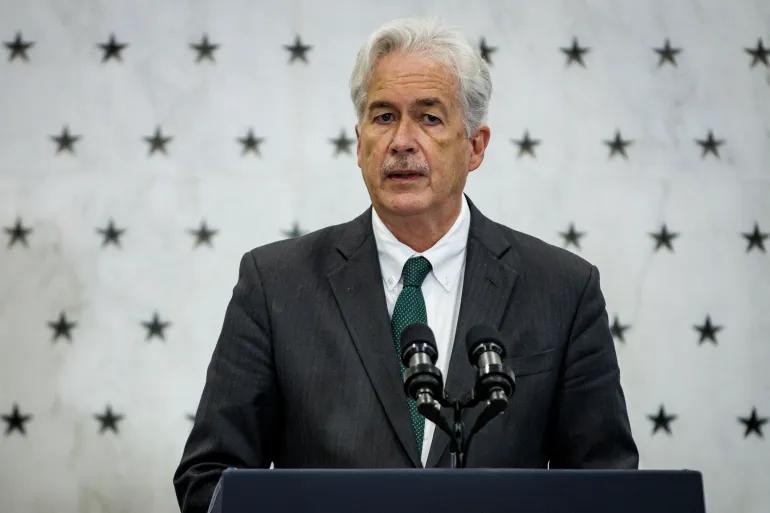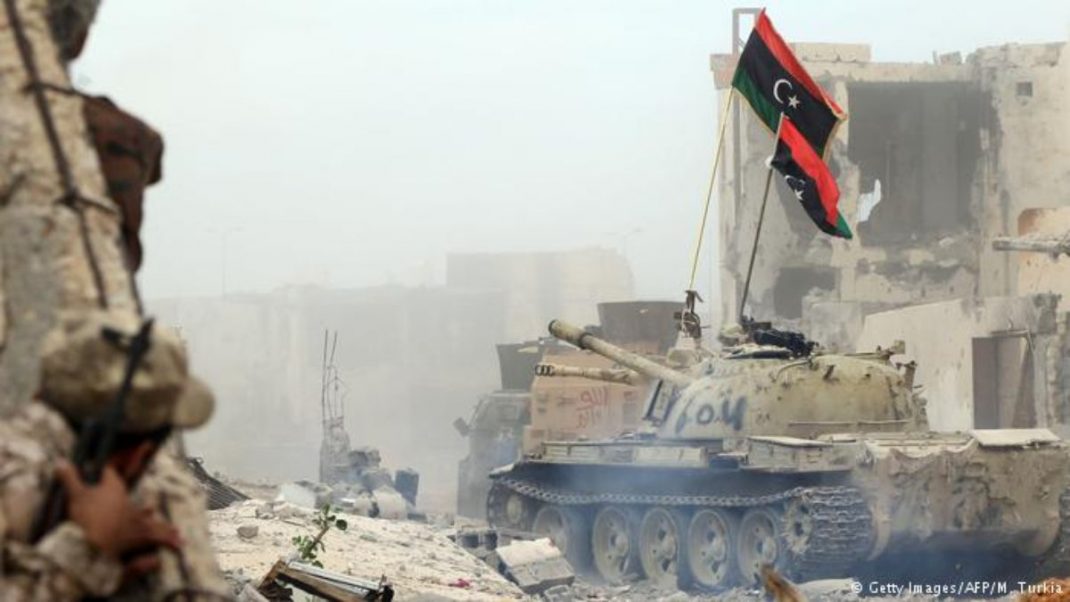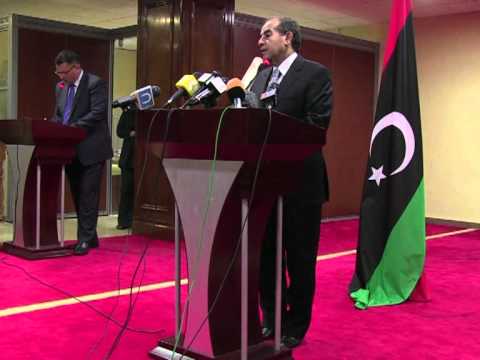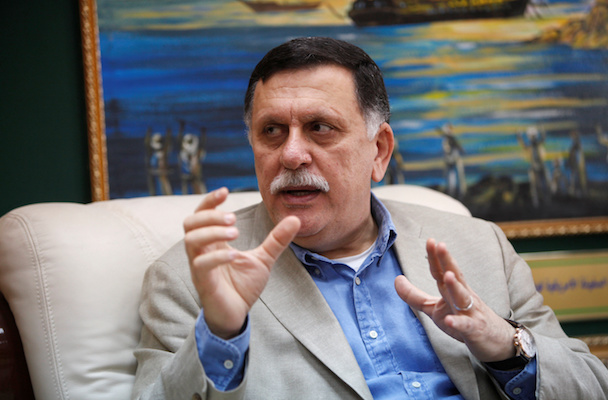The Director of the US Central Intelligence Agency (CIA), William Burns, has demanded that the commander of the Libyan National Army (LNA), Khalifa Haftar, should cooperate with the Government of National Unity in Tripoli headed by Abdul Hamid Dbeibeh and enable it to operate in eastern Libya. This, said Burns, will preserve the principle of “the unity of the country’s executive institutions,” reported the Middle East Monitor.
According to informed sources who attended Burns’ meeting with Haftar in Benghazi a few days ago, the CIA head warned the general about harming the ports and oilfields. He also said that the US lays strong emphasis on the necessity of having stability in Libya’s oil sector so that exports are not affected.
Burns reportedly told Haftar that a joint force is needed to protect and secure oil and water resources and the southern border. The force would be made up of the LNA and the Libyan Army in western Libya
When Burns arrived in the Libyan capital, Tripoli, last week he met with Dbeibeh and described his government as a “reliable partner” of the US. Sources quoted by Al Jazeera said that the Libyan leader asked Burns for the US to prioritize working towards “unifying the international position that rejects negative regional interferences in Libya.” This was a clear reference to the rejection of the presence of Wagner Group mercenaries in the country.
Moreover, the head of the Government of National Unity asked Burns to consider Libya as a real strategic partner for the US at the political, security and economic levels. He requested the US to reopen its embassy in Tripoli, saying that the security situation is “appropriate” for this to happen. Dbeibeh said that fears about threats to embassies in the capital are unfounded.
Burns’s visit was the first by a CIA director to the North African country since the 2012 attack against a US mission in Benghazi that killed the US ambassador and three others. The trip to Libya came weeks after authorities handed the United States a suspect in the 1988 Lockerbie bombing.
Following the failure to hold presidential and parliamentary elections on 24 December 2021, Libya has faced new political conflict between a government headed by Fathi Bashagha appointed by the House of Representatives in Tobruk, and Dbeibeh’s government in Tripoli. Dbeibeh insists that he will only hand over power to a government that arises from a newly-elected parliament.



